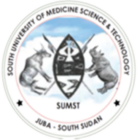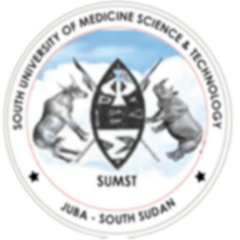
Bachelor of Medical Labaratory Science
About This Course
Learning Objectives
Sample Collection and Processing: Learn how to collect, process, and analyze human samples (e.g., blood, urine, tissues).
Laboratory Test Interpretation: Analyze and interpret various laboratory test results to aid in medical diagnoses.
Laboratory Procedures: Understand the principles and procedures of different laboratory tests.
Laboratory Information Management: Manage laboratory information systems to ensure timely and accurate results.
Research Skills: Conduct research to improve human health and develop solutions for medical challenges.
Quality Control: Establish and monitor quality control and assurance programs in the laboratory.
Equipment Maintenance: Learn calibration and maintenance of medical laboratory equipment.
Management Principles: Apply management principles in clinical laboratories.
Professional Conduct: Develop professional attitudes and behaviors, including ethical conduct and teamwork.
Requirements
- Direct Admission
- i. A minimum of three principal passes at “C" grade or higher at “A” level in the following subjects: Chemistry, Biology/Zoology and Physics. Preference will be given to applicants with C grade or above in Chemistry or Biology in that order.
- ii. Candidates with D in Physics at “A” level provided they have “C” or higher in Chemistry and/or Biology.
- Equivalent Qualifications
- i. Appropriate Diploma and or Advanced Diploma with an overall “B” grade performance and Principal passes at any grade in Physics, Chemistry and Biology at “A” level of education, (all 3 or either).
- ii. Holders of BSc degree with a lower second class majoring in Physics, Chemistry and Biology/ Zoology.
Target Audience
- High School Graduates: Students who have completed secondary education with subjects like Biology, Chemistry, Mathematics, and English.
- Pre-MLS Students: Those who have completed a diploma in medical laboratory science and wish to pursue further education.
- Career Aspirants: Individuals aiming for careers as medical laboratory scientists, clinical laboratory technicians, research scientists, and more.
Your Instructors
SUMST
SUSMT
<p>As we embark on this journey, SUMST invites aspiring students, faculty, and stakeholders to join us in shaping the future of healthcare in South Sudan. Together, we will build a legacy of excellence, bridging the gap in education and healthcare to contribute to the nation's development.</p>
See more

